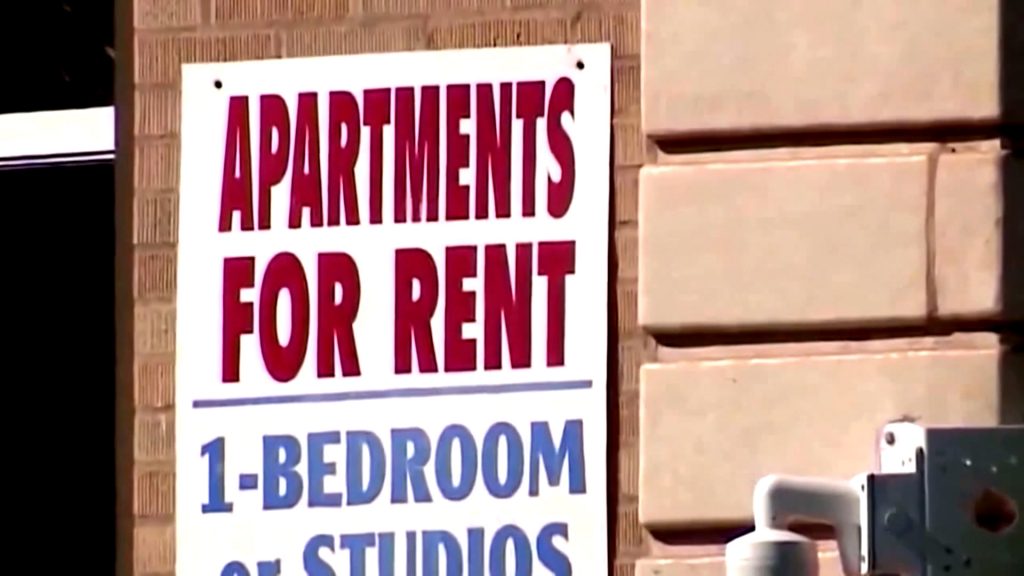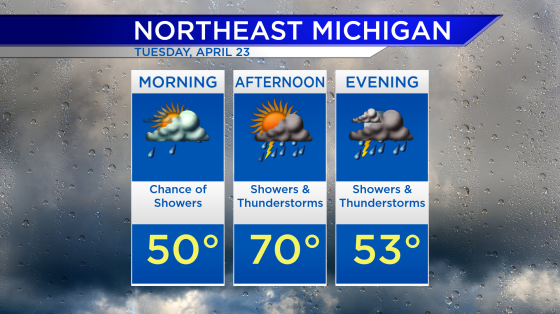Report says Michigan residents wait up to 26 months for rental assistance

WASHINGTON, D.C. – Michigan residents needing rental assistance may have to wait as long as two years. Newly released data from the Center on Budget and Policy Priorities shows that Michigan residents wait 26 months for rental assistance on average, if they’re able to get assistance at all. But data on wait-lists do not show the full extent of need or demand. Millions of other families eligible for rental assistance never receive it because their names never rise to the top of the waiting list or they live in communities where the housing agency has closed or doesn’t keep a waiting list. Wait times in the largest metro areas in each state here.
Eviction moratoria is set to expire July 31. In response, the Center on Budget and Policy Priorities is calling on Congress to act. They encourage funding to provide Housing Choice Vouchers to more households. The agency said it is the most important step Congress can take to address widespread housing instability and should be a top priority in the upcoming recovery package. Rigorous research shows that housing vouchers are highly effective at reducing housing instability and improving outcomes for families and children.
Fast Facts on Housing Vouchers and Wait Times
-
Nationally, only 1 in 4 households eligible for rental assistance receive it due to funding limitations.
-
Among the 50 largest housing agencies, only two have average wait times of under a year for families that have made it off of the waiting list; the longest have average wait times of up to eight years.
-
On average nationally, families that received vouchers had spent close to two and a half years on waitlists first, exposing many to homelessness, overcrowding, eviction, and other hardship while they wait.
Housing advocates say expanding the program could lift millions of people out of poverty. It also would reduce racial inequity: the housing affordability challenges that vouchers address are heavily concentrated among people with the lowest incomes and, due to a long history of racial discrimination that has limited their economic and housing opportunities, among people of color.






